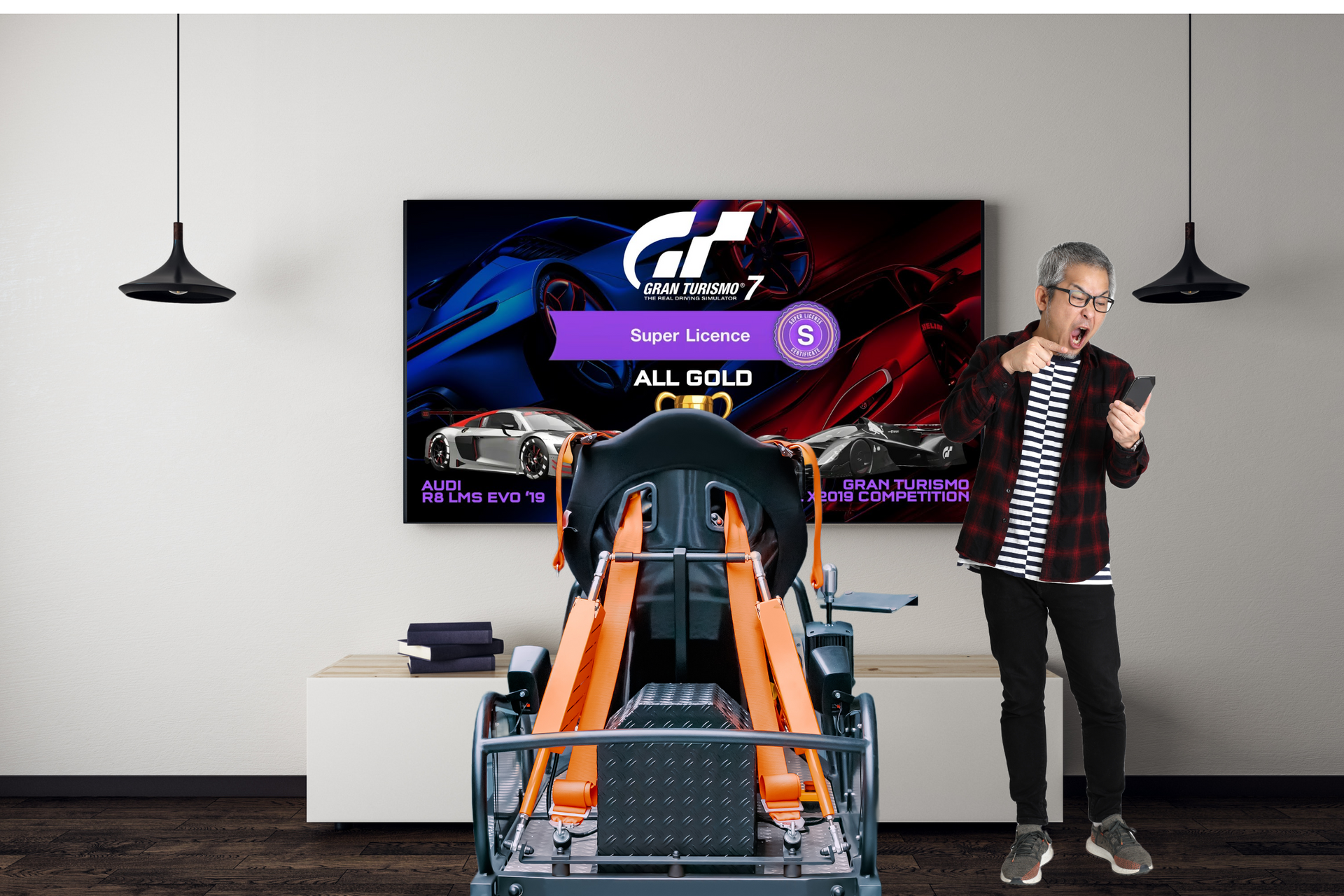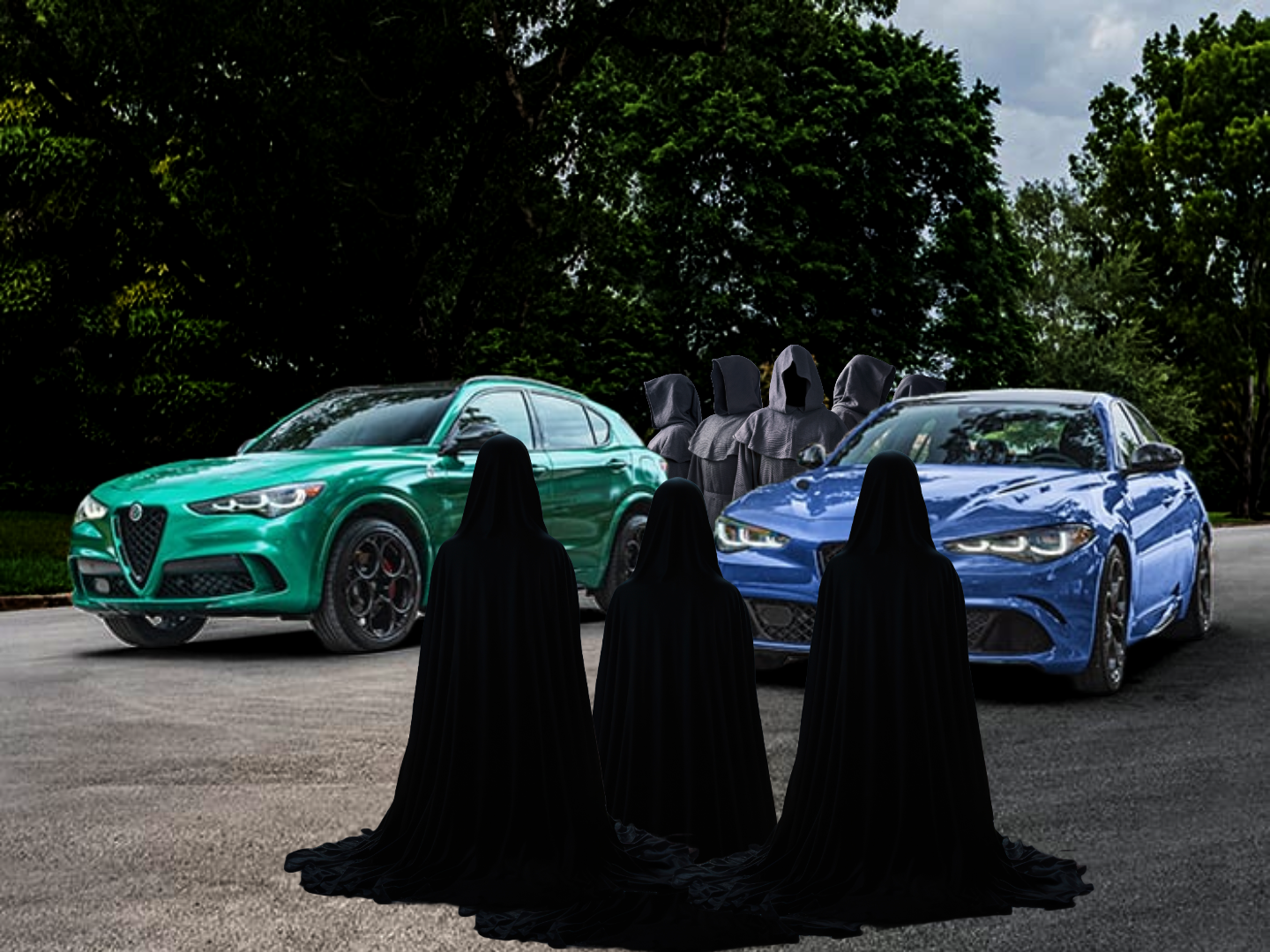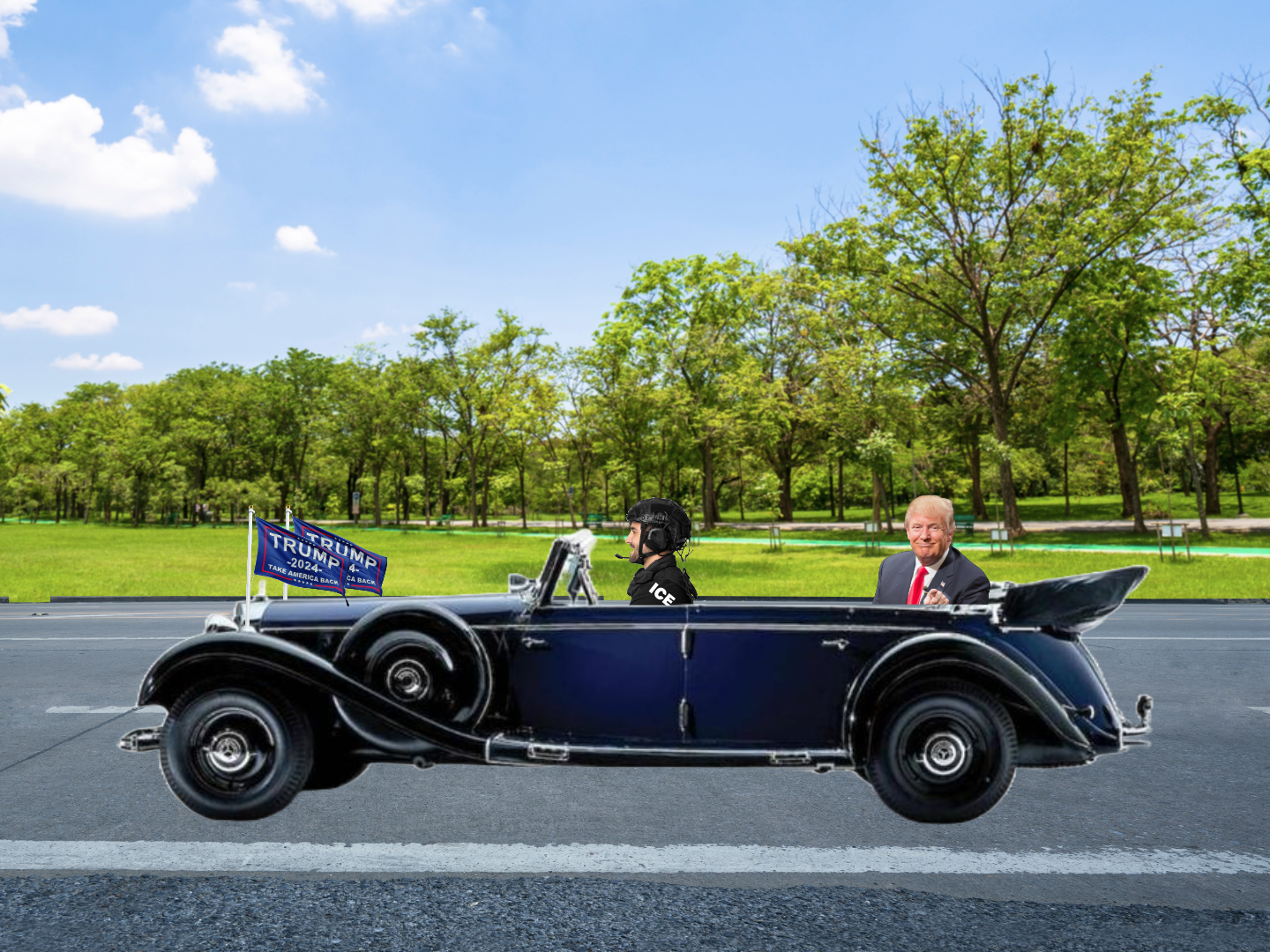LOS ANGELES—The virtual racing world has been thrust into the spotlight as a 40-year-old man files a lawsuit against the creators of Gran Turismo, Polyphony Digital. The reason? He claims that despite acing every S License mission on his first attempt and achieving Gold, he has not been granted a spot as a professional like the movie. This curious case raises questions about the blurred lines between reality and virtual prowess.
The plaintiff, Steven Osborne, a self-proclaimed gaming nerd that doesn't go outside, has turned the tables on the gaming industry by demanding that his prodigious talent be acknowledged with a professional driving contract. Osborne's attorney argues that his impeccable record of flawless victories should merit more than just virtual trophies; it should open doors to a legitimate racing career in the game. That's clearly what the movie showed after all.
In response, Polyphony Digital released a statement acknowledging Osborne's exceptional skills but emphasized the clear distinction between virtual achievements and real-world racing. The company's spokesperson stated, "We commend Mr. Osborne for his remarkable accomplishments within our virtual tracks. However, Gran Turismo has always been a simulator designed to hone driving skills that can potentially translate to real-world experiences. It does not guarantee an automatic path to professional racing, we just wrote that story to make a cool movie."
Gaming experts and legal analysts alike are closely following this case, with opinions divided. Renowned esports commentator, Michelle Lane, believes Osborne's lawsuit highlights the evolving concept of gaming expertise. "We're witnessing a new era where digital skills are increasingly recognized as legitimate talents. While the lawsuit might seem frivolous, it underscores the value of virtual accomplishments in today's competitive gaming landscape. Even Formula 1 drivers use sim rigs!"
As the lawsuit unfolds, it raises broader questions about the criteria for professional recognition in virtual spaces. Could exceptional performance within a video game translate to real-world success? As virtual simulations continue to mirror reality with uncanny accuracy, the case of Steven Osborne versus Polyphony Digital might just be the ignition for a larger discussion about the ever-blurring line between the virtual and the tangible.





